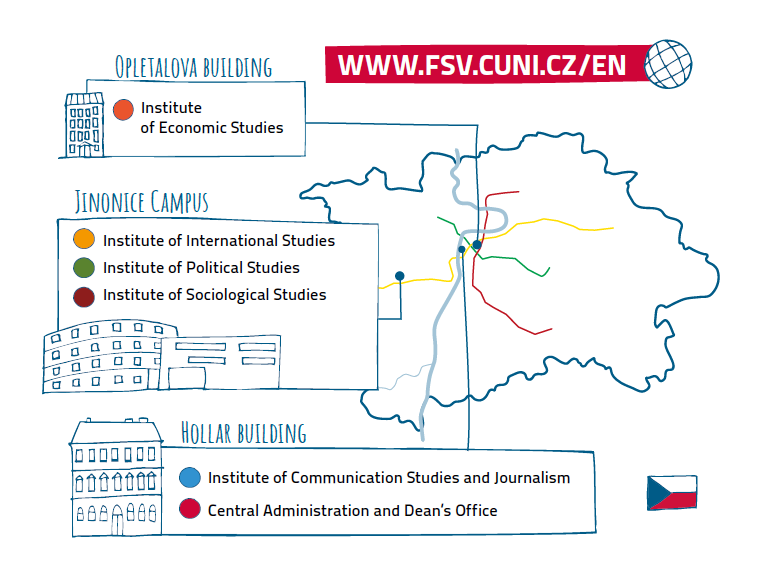-
On February 11, we celebrate the International Day of Women and Girls in Science, the aim of which is to remind us of their essential role in the scientific environment and to support their involvement in research. On this occasion, we introduce three participants of the faculty mentoring programme, which is intended to help female researchers with career development and with the reconciliation of both personal and professional life.
-
In the central university cloud M365, every employee and student of Charles University has an identity created under their CU number. We have prepared a summary for you on how to use university emails at FSV UK and how to set up forwarding from the university address to the faculty email.
-
Read an interview with Matěj Bajgar from the Institute of Economic Studies. He completed his master’s and doctoral studies at Oxford University, gained experience as an economist at the OECD, and is now involved in several research projects at IES.
-
This year's Ibero-American Prize has been announced. The competition is open to students of all levels of university study whose mother tongue is not Spanish or Portuguese. Students can participate by submitting a professional work that directly relates to Latin America, the Caribbean or the Iberian Peninsula, in Spanish or Portuguese. The deadline is 14 March 2025.
-
Practice a foreign langugage with your peers! Register to the one-semester course Tandem Langugages JLB 116, in which students of two different languages work with each other and help each other achieve a specific language goal. Registrations are now open!
-
What has always attracted him to the study of discourse? Why does he connect science with art? And what phenomena does he believe pose a threat to democracy? In the next episode of the De Facto podcast, we speak with Nico Carpentier from the Institute of Communication Studies and Journalism. He is an extraordinary professor at Charles University and a visiting professor at several other universities. His research focuses on discourse theory.






